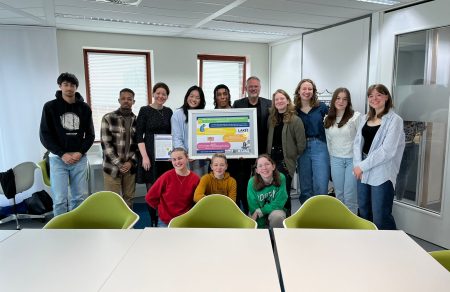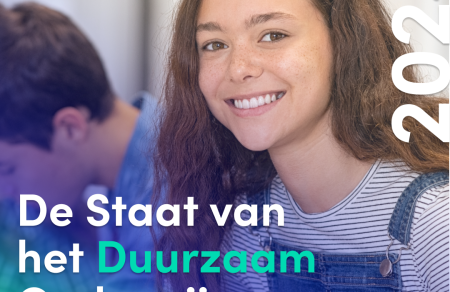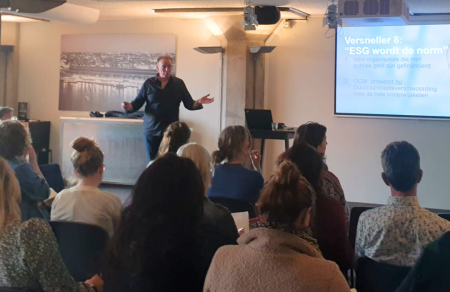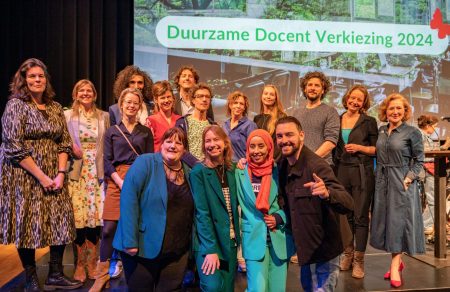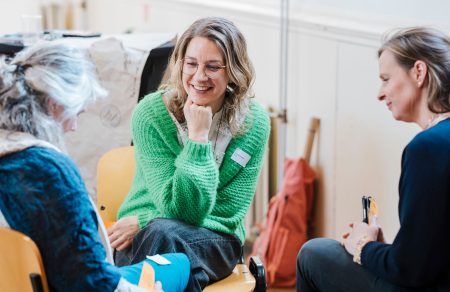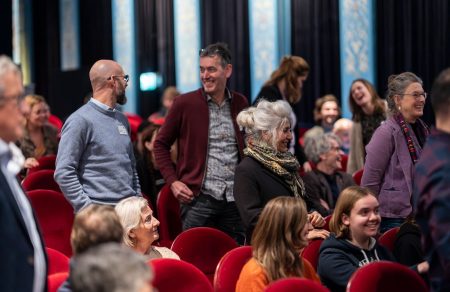Inclusive education
The education called Predict is offered by working group Scora. Scora is a part of the International Federation of Medical Students' Associations (IFMSA). Student associations of medical studies are members of this federation. IFMSA believes inclusiveness and diversity are extremely important. This is reflected in the various topics covered in the education these students provide; including diversity, boundaries and desires, and uncertainty.
Diversity
One of the topics discussed is diversity. Students learn about gender and sexual diversity in this lesson. They learn what gender identity, gender roles, and gender expression are. Different sexual orientations are also discussed.
"I know someone who never learned what a lesbian is," Mila says. Mila explains that it is important to learn about this because it is hard to talk about it if you don't know what words you can use. Students also learn where to find more information about diversity and LGBTQA+. This is a way to teach children that they are normal and okay the way they are. This education helps them accept themselves and others.
An example of what emerges here is what role upbringing and culture plays in their attitudes toward sex and relationships. Boys, for example, are taught that it is up to them to take the initiative. The perception prevails that a boy should ask a girl out and the girl should wait for it, Mila explains. "You see it in movies and parents act on it unconsciously. The proposal is an example of this. So girls get a different place in the relationship." Another example of something culturally determined is attitudes toward body hair. At Scora, we discuss what ideals of beauty are and what the consequences of this can be. The role that social media plays in this is also discussed. This gives students a context in which to understand their insecurities.
Limits and desires
Boundaries and desires in intimate situations are also addressed. Students learn to communicate what they do or do not need. In addition, they learn to listen to what a partner wants in intimate situations in a respectful and interested manner. In addition, they discuss what students can do when sexually transgressive behavior occurs. They learn to understand what consent is. Mila explains that this can be difficult: "Talking about sexually transgressive behavior is difficult. In a class of 30 children, there is a chance that someone has experienced it. That's very vulnerable and needs to be handled with care."
Inadequate information
Mila provides this education because she herself is very happy with the good education she received. Unfortunately this is not true for all students, according to Mila, since education does not always provide relevant information for everyone. For example, when explaining STIs, it is not enough if a student only learns the names of STIs and does not get practical information about when exactly you can get an STI and when you should get tested. In addition, according to Mila the education is not diverse enough: "If the education is about heterosexual people and only mentions that there are also other sexualities, you exclude many people. This while these people of course need useful education. By involving everyone you plant the seed in their heads that everyone is okay."
Scora demonstrates how sex education is evolving in a sustainable inclusive way with the hands-on education Voorspel. This will benefit students throughout their lives!
